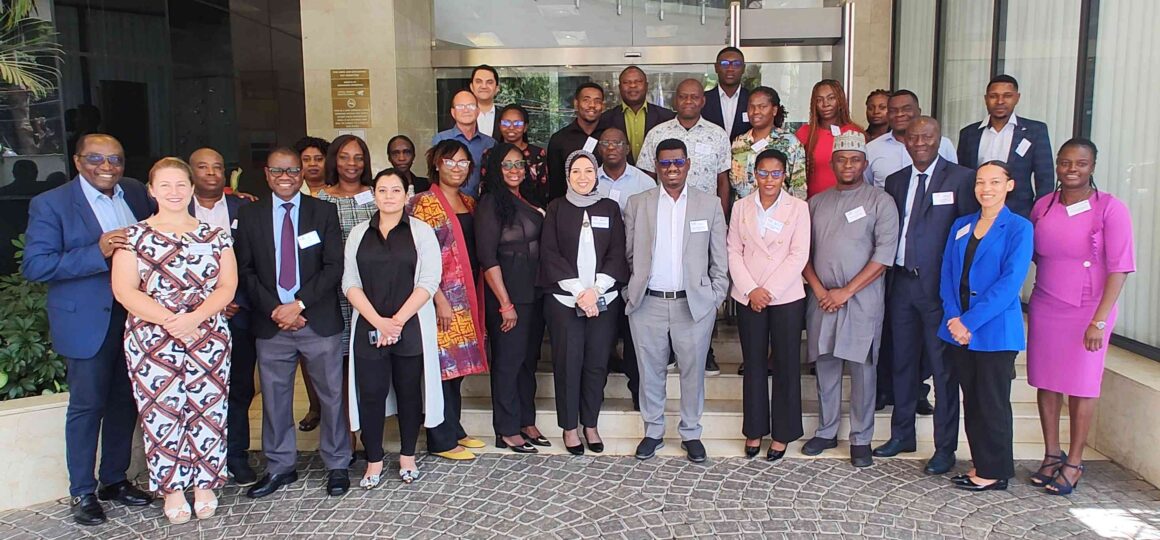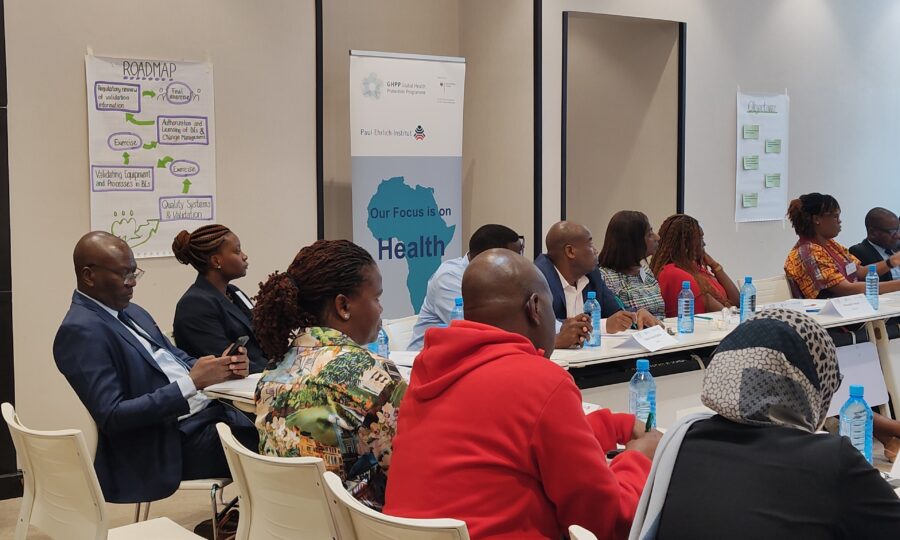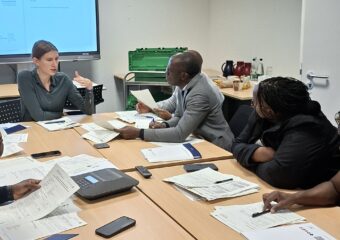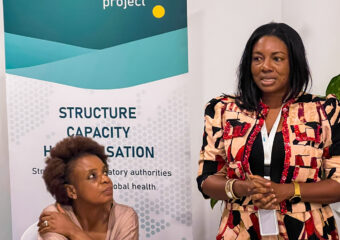BloodTrain Workshop Covers Often-Neglected Topic: Validation in African Blood Establishments
BloodTrain Next Generation and the Africa Society for Blood Transfusion (AfSBT) organised a workshop on the quality and safety of blood products for experts from blood establishments and regulatory authorities. The event was attended by international practitioners in this field and took place in Kenya.
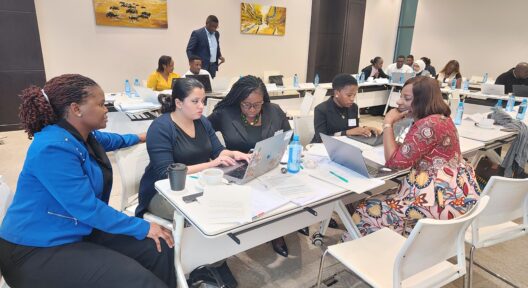
The three-day workshop organised by BloodTrain Next Generation and the Africa Society for Blood Transfusion (AfSBT) in Nairobi, Kenya, in October 2024 was well received by the 25 participants from 17 countries. They learnt how blood establishments can validate their critical equipment and processes, and what regulatory authorities need to pay attention to.
Validation ensures safe and effective blood products
During validation, all critical equipment, electronic data processing (EDP) and processes that can influence the quality of the blood and blood components are analysed. Validation is an integral part of quality management of a blood establishment. It provides evidence that the equipment and processes used to manufacture blood and blood components are fit for purpose and consistently produce blood products of the required quality and safety. For example, in the case of a refrigerator, validation would involve placing temperature data loggers at various points in the refrigerator under real-life conditions where the door is frequently opened: Are there temperature variations? Are they still within the acceptable range or is the blood product potentially being impaired due to uneven cooling? Or, if procedures such as pathogen reduction are used in the processing of blood products, it must be validated that the blood components remain functional afterwards. Blood establishments should include routine validation as part of their processes to ensure the safety, quality, and efficacy of the blood products. It is the responsibility of the competent regulatory authority to review the results of the validation as part of the approval of the blood establishment.
Knowing how to validate is not widespread
This was the fourth joint workshop between the AfSBT and the BloodTrain project. It brought together staff from blood establishments across Africa and regulators from the project partner countries to collaborate on critical processes and improve understanding of best practices in validation. The topic of the current workshop was important to the organisers because validation is both a regulatory and accreditation requirement for blood establishments. Despite it being a mandatory requirement, knowledge and expertise in validation in blood establishments among regulators and blood establishment staff are still low on the African continent.
Practicing what matters for validation
Each day of the workshop began with evidence-based information provided by speakers from the AfSBT and the BloodTrain Next Generation team. This was followed by practical sessions where the participants learnt how to put this into practice by working in small groups on case studies of the validation of various blood establishment processes, equipment and information systems. Attendees analysed the requirements to be met and the applicable standards required by the regulatory authority. Thereafter they identified the essential steps required in the validation process. The groups then developed validation protocols, which were discussed and improved in plenary. They were finally shared with all participants for them to customise and implement in their home institutions as necessary. The participants additionally learnt how to evaluate evidence of validation from a regulatory perspective. ‘It was great for the participants to perceive and understand the validation process from the perspective of both the regulatory authorities and the blood establishments, as they openly shared their views during the discussions. This common understanding facilitates the smooth implementation of regulatory requirements and promotes regulatory compliance,’ says Chancelar Kafere from the BloodTrain Next Generation team.
All participants very well received the topic. The head of the BloodTrain Next Generation project at the Paul-Ehrlich-Institut, Dr Jens Reinhardt, said, ‘Since the start of the initial project in 2016, we have got to know many blood establishments and authorities on the African continent. Validation in the blood donation service is often still a neglected subject, but when carried out routinely, it ensures the processing of blood and blood components that consistently meet pre-determined standards and specifications.’


